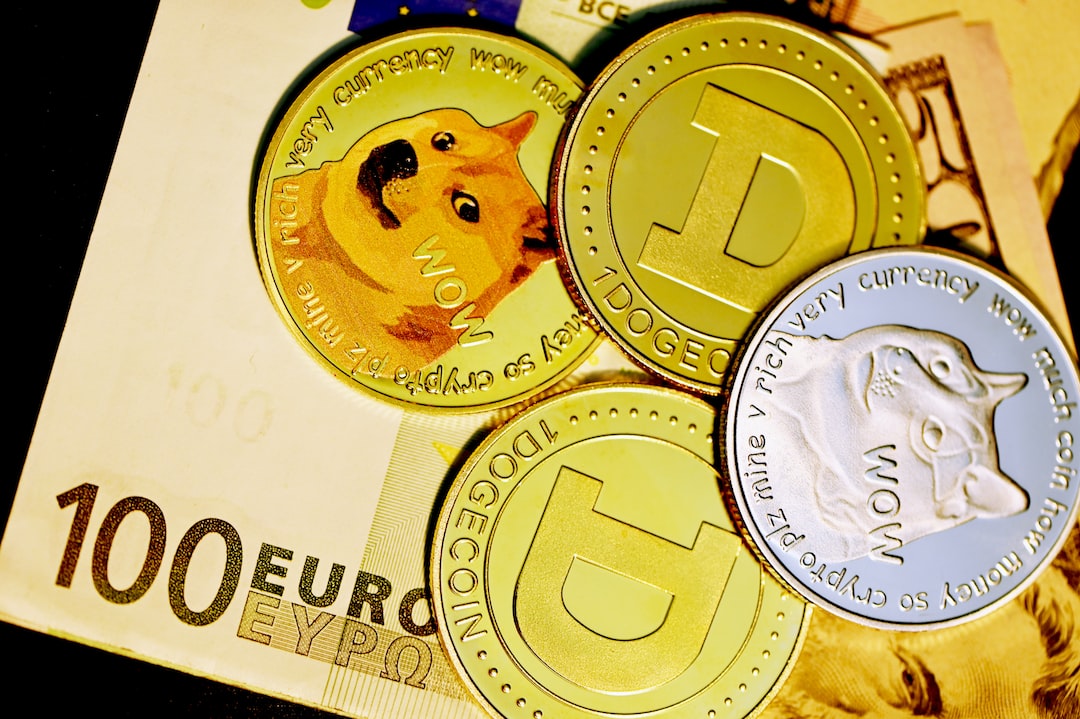EU Targets Crypto Asset Providers With Updated AML Regulations
In an era where digital currencies are becoming increasingly mainstream, regulatory bodies worldwide are updating their policies to reflect the evolving sector. The European Union (EU) is taking a groundbreaking step with the provisional agreement on parts of the anti-money laundering (AML) package. This comprehensive strategy is designed to fortify the EU against money laundering and terrorist financing.
“This agreement is part and parcel of the EU’s new anti-money laundering system. It will improve the way national systems against money laundering and terrorist financing are organised and work together.”
An intriguing aspect of the EU’s strategy is the expanded list of obliged entities, which now includes most of the crypto sector. Crypto-asset service providers (CASPs) will be required to conduct thorough due diligence on their customers for transactions exceeding €1000. This extension to digital currencies indicates a significant shift in the EU’s approach to the crypto market as investors continue to pour in.
ICOs and ETFs in the East
Singapore has taken a more conservative stance by blocking the listing of Bitcoin exchange-traded funds (ETFs). The Monetary Authority of Singapore (MAS) cited the inherent volatility and speculative nature of crypto transactions as reasons for this decision.
“Encrypted currency transactions are inherently highly volatile and speculative, and are not suitable for casual investors.”
On the other hand, Thailand’s SEC is embracing the digital asset sector by updating its regulatory framework for crypto businesses. The SEC has lifted the investment limit for retail investors in real estate-backed and infrastructure-backed initial coin offerings (ICOs). However, Thailand has also recently blocked investors from accessing US-based Bitcoin ETFs as it monitors developments.
Hot Take: Diverse Approaches to Crypto Regulation
The recent regulatory updates from the EU, Singapore, and Thailand highlight the diverse approaches to crypto regulation. The EU is targeting crypto asset providers with updated AML regulations, while Singapore takes a more cautious stance by blocking Bitcoin ETF listings. Thailand is embracing the digital asset sector but is also monitoring developments closely. These different approaches reflect the unique balance each region strikes between digital currency opportunities, investor protection, and financial stability.
Bernard Nicolai emerges as a beacon of wisdom, seamlessly harmonizing the roles of crypto analyst, dedicated researcher, and editorial virtuoso. Within the labyrinth of digital assets, Bernard’s insights echo like a resonant chord, touching the minds of seekers with diverse curiosities. His talent for deciphering the most intricate strands of crypto intricacies seamlessly aligns with his editorial finesse, transforming complexity into a captivating narrative of comprehension.

